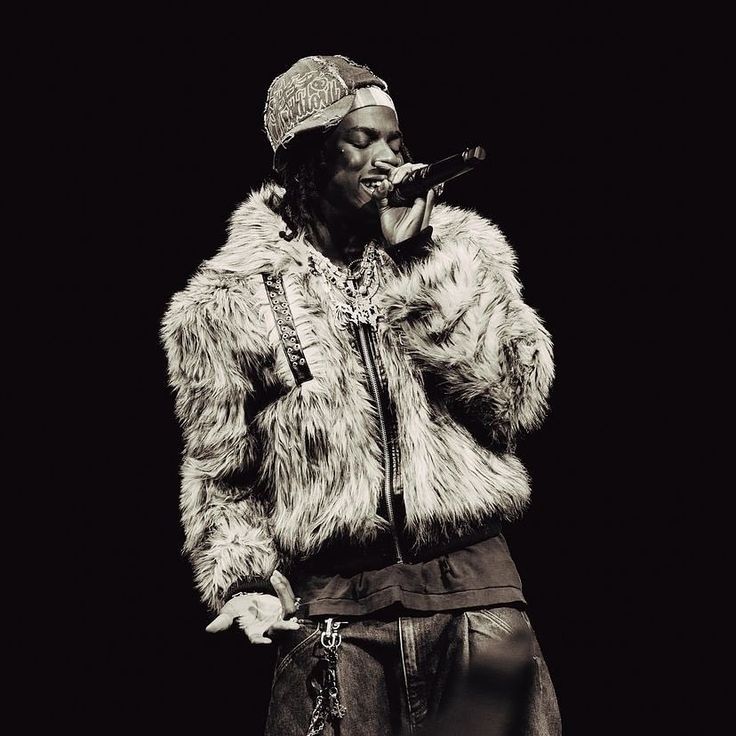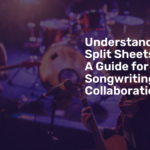
The Nigerian music industry has transformed into a global powerhouse, riding the vibrant wave of Afrobeats to captivate listeners around the world.
Once dependent on live shows and physical album sales, Nigerian artists are now embracing diverse income streams fueled by streaming, social media, sync licensing, and brand deals. This shift empowers artists to build sustainable careers with flexibility and global reach.
Some artists rarely step on stage, yet make money consistently through publishing royalties, licensing placements, and digital content monetization. It’s a smarter, tech-enabled music economy where owning your rights and having international visibility matter just as much as local fan love.
At AfroSoundtrack, we recognize this new reality and the need for artists to earn from every stream, every placement, and every play. We exist to ensure African music creators don’t just make great music, they also make money from it.
As a leading music publishing administrator in Nigeria, we enable African creators to maximise their earnings through seamless royalty collection and music rights management. We make monetising your music intellectual property effortless.
So whether you’re an upcoming artist, a seasoned songwriter, or a label executive, here are six proven ways to make money as a Nigerian artist beyond live shows:
- Streaming Platforms
This one’s a no-brainer, as obvious as a Rema track being a hit! The rise of streaming platforms has transformed the Nigerian music industry, offering artists a direct line to global listeners and a steady flow of royalties.
Gone are the days artists had to burn CDs, hustle for shelf space, or rely solely on radio spins. Today, the digital era puts distribution power in the hands of the creators. With platforms like Spotify, Apple Music, Boomplay, Youtube Music leading the way.
Spotify reported that Nigerian artists earned over ₦58 billion ($38 million), (more than double their 2023 total) in 2024. The Nigerian streaming market is no doubt on an upward curve powered by a young, digital-savvy population that values cultural relevance and accessibility.
Statista projects that Nigeria’s music streaming revenue will reach US$22.88 million this year. With an expected annual growth rate of 7.51%, the market is set to grow to US$32.86 million by 2030. User penetration is also expected to grow from 6.1% in 2025 to 6.6% by 2030 reaching a projected 17.3 million users.
Even more encouraging, the number of Nigerian artists earning over ₦10 million in streaming royalties has quadrupled since 2018.
Interestingly, at Afro Soundtrack, more than 75% of the exploitation sources through which we collect income for African songwriters, producers, and session musicians come from streaming services. It’s a clear sign of how deeply embedded digital platforms have become in today’s music economy. Streaming doesn’t just help artists reach new audiences. It also drives real, long-term income in ways that were once unimaginable.
Streaming is no doubt a full-blown business model, and still one of the top ways to make money from music in Nigeria.
- Social Media Monetization
What a time to be a Nigerian artist! For Nigerian artists as with artists around the world, social media can be a money machine.
If you’ve built a loyal following online, you’re sitting on digital gold. Social currency can now be turned into real currency. And no, it’s not as hard as turning water to wine.
Platforms like Instagram, TikTok, and YouTube offer multiple income streams for artists who know how to show up, engage fans, and stay creative. From paid brand promotions to ad revenue and virtual gifting, Nigerian artists are making serious money by simply being themselves.
Even upcoming artists can land influencer deals, sponsored content, or affiliate marketing gigs.
And let’s not forget the power of virality. For instance, Rema’s “Calm Down” took off on social media, sparked a trend, drove streams and increased his global footprint. The coolest part? These viral moments do more than build hype. They often convert into royalties, sync deals, and long-term visibility.
Here is where it gets technical but important. Every professionally released track carries an International Standard Recording Code, also known as an ISRC.
Think of it as your song’s digital fingerprint. When your music appears in a YouTube vlog, Instagram Reel, or TikTok trend, platforms use the ISRC to trace and credit you as the rightful owner. That is how exposure becomes real royalty payments.
We are also big on music monetization on social media. Beyond traditional streaming platforms, we collect royalty income from leading social platforms such as Snapchat, Instagram, YouTube Shorts, and TikTok. The smartest artists are using social media for more than just buzz. They are using it to grow their fanbase and to earn from their craft. Visibility is valuable when it can translate to real cash.
- Merchandise Sale
Selling branded merchandise remains a timeless and effective way for Nigerian artists to earn money while strengthening their bond with fans.
From t-shirts and caps to more unique offerings like perfumes or custom water bottles, merch lets artists reinforce their brand identity while turning everyday supporters into walking ambassadors. Ayra Starr, for example, has tapped into her Gen Z fanbase with sleek and playful drops that mirror her vibrant sound and style.
My collection with PUMA will be released globally on April 7th! Thank you to everyone for patiently waiting on this, it means the world to me.
— Davido (@davido) March 27, 2023
I will be doing meet and greets at PUMA stores in New York and UK, just before my shows and would love to see you all there! pic.twitter.com/qmIU71iPQ4
Collaborating with major fashion and lifestyle brands for this purpose has also become a smart route for Nigerian artists to secure higher earnings. A prime example is Davido’s partnership with Puma, which launched the “We Rise by Lifting Others” Sportstyle collection in April 2023.
Tems also stepped into this space when she partnered with Tommy Hilfiger under the Futuremakers campaign, taking her image into the high fashion lane and showing the world that African music and style go hand in hand.
Other Nigerian artists have also embraced merch collaborations to amplify their brands. Tiwa Savage partnered with MAC Cosmetics on a signature lipstick, showing that beauty products can be merch too.
- Brand Endorsements & Ambassadorships
When you’re hot, brands pay attention. In Nigeria’s music scene, that attention quickly turns into real money.
Big names, from telecom companies to beverage giants, look to artists to tap into loyal fanbases and boost their own visibility.
Davido’s high-profile collaboration with Puma, Tiwa Savage’s work with Pepsi, Asake’s ambassadorship with Glo, and Young Jonn’s endorsement deal with Pepsi all show how charisma and fan connection turn into commercial gold.
These deals often come with cash, exclusive perks, or premium product tie-ins. Brands understand that artists drive youth trends, and that’s the leverage musicians bring to the table.
But don’t get it twisted, it’s not just the superstars getting signed. Artists with smaller but loyal communities, often called micro-influencers, are landing deals too. If your fans trust you, your platform becomes a marketing asset worth investing in.
In return, artists appear in ads, attend events, post online, and sometimes help design the product experience. It’s marketing, but it’s also co-branding at the highest level.
The key to landing these deals is building a clear, relatable, and consistent brand identity as an artist. The more distinct your public image is, the easier it becomes for brands to see a match.
Endorsements are a core income stream. And in an economy where streaming payouts can be modest, one well-timed brand deal can flip an artist’s financial reality.
- Music Licensing & Sync Deals
Your song doesn’t have to top the charts to make money. It just has to play in the right place at the right time. That’s the power of music licensing.
Nigerian artists are profiting by licensing their tracks for movies, TV shows, ads, video games, and even viral social media content. It’s a growing revenue stream that pays upfront and can keep paying royalties long after the deal is done.
He only wanted Spurs.
— Tottenham Hotspur (@SpursOfficial) July 10, 2025
Welcome to North London, Mohammed Kudus.
🔊 @stonebwoy 🇬🇭 pic.twitter.com/zllwRvuZeL
Sync deals also deliver more than just cash. They offer massive exposure across global platforms. Micro-sync licensing, especially on TikTok and Instagram Reels, has become particularly rewarding. A 38-second clip of Stonebwoy’s custom “Overlord” cover for a Tottenham Hotspur and Kudus reveal in July 2025 reportedly earned up to $50,000. That single moment shows just how valuable the right sync placement can be.
Companies like Spring Sound facilitate these types of deals in Nigeria, supporting brands, filmmakers, and creators in licensing the right songs for commercials, social content, business use, and international film campaigns. While they handle the sync side, we at Afro Soundtrack ensure that artists get paid for every beat used through proper rights management, royalty tracking, and publishing support. We also collect residual royalties generated from the performance of songs on streaming giants like Netflix, Prime Video, and other global streamers. Because we believe every beat, lyric, and late-night studio session deserves to be paid for. Not just applauded.
With the right strategy and team behind you, your next hook could become the anthem for a global brand or the backdrop to a viral video.
- Publishing Rights & Songwriting Royalties
Every great hit starts with a pen and a melody. Behind many of today’s chart-topping singles are Nigerian songwriters and composers who earn long-term royalties.
These earnings come not just from their own music, but also from writing for other artists locally and internationally.
Owning or controlling publishing rights is one of the most reliable ways for artists to earn consistently. These rights generate income through mechanical royalties from sales and streams, performance royalties from radio and public plays, and sync royalties from film, ads, or games. Every time a song is streamed, performed, or broadcast, the songwriter earns.
Tems, for example, co-wrote “Lift Me Up” for Rihanna on the Black Panther: Wakanda Forever soundtrack in 2022. That collaboration led to global recognition and a solid boost in royalties.
Owning or controlling publishing rights is critical, as it ensures creators retain a significant share of their earnings from platforms like Spotify, radio, or live performances.
At AfroSound Track, we make this process seamless. As a Nigerian music publishing administrator, we help artists, producers, and rights holders register their works, collect royalties and tap into opportunities. You keep your rights while we do the heavy lifting ensuring your songs earn across platforms, borders, and time zones.
How Afro Soundtrack Helps Nigerian Artists Maximize Music Royalties and Go Global
Nigerian artists are making the most of the digital era to grow their income beyond live performances. With platforms like Tiktok, Spotify, Apple Music, Selar, Youtube, and emerging blockchain royalty systems, monetization now goes far beyond traditional methods.
From licensing music for TV shows and video games to launching merchandise lines, the opportunities are expanding.
Nigerian artists who combine these income streams with a strong brand identity and consistent content strategy can stand out in Nigeria’s fast-paced and competitive music industry.
At Afro Soundtrack, we help Nigerian artists tap into these revenue streams with structure and strategy. As a trusted Nigerian music publishing administrator and rights manager, we ensure your music earns for you . We help you get paid, stay protected, and go global.


